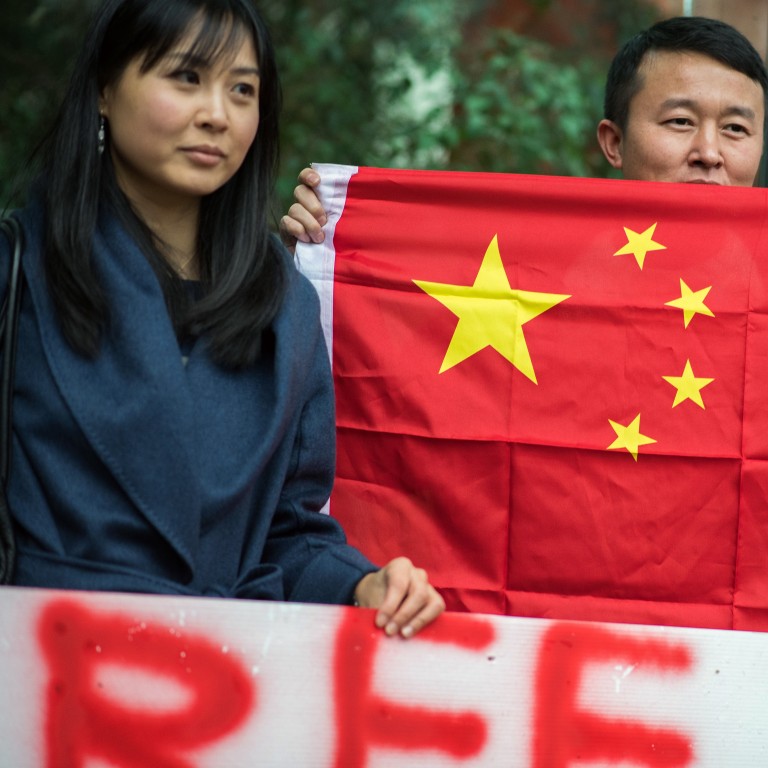China should have been able to use the
arrest of Huawei executive Meng Wanzhou to its own advantage. Instead, its reaction has again shown an underlying arrogance and ethnocentricity, which is being noticed around Asia and in the West – and which offsets many of the benefits of its “
belt and road” and other outward-looking initiatives in trade and diplomacy.
Does the United States have a real case for arresting Meng, when it could simply have taken action against Huawei on the grounds that it breached
US sanctions against Iran? In previous cases involving sanctions-busting banks and other businesses, executives were spared but shareholders paid the price –
huge fines. Likewise,
fines were paid out but not a single banker went to jail for the improper lending that led to the 2008 financial crisis.
Although Americans doubtless have many legitimate complaints about
Chinese (and others’) theft of intellectual property, American ownership claims can be so extreme as to invite reaction, and contempt. A typical example is Walt Disney trademarking
Hakuna Matata, a song from
The Lion King and also a common Swahili phrase meaning “no problem”. The filing, which has recently come to public attention ahead of a remake of the film, is causing outrage in east African countries where Swahili is a national language.
In the Huawei case, armed with damning evidence of US judicial hypocrisy, what does China do? It takes aim at a Canada that is only obeying its own laws in a transparent manner. The
seizing of Canadians is simply an act of thuggery, not befitting a Confucian civilisation with thousands of years of history. China could have made friends with many countries that see the Huawei case as more driven by long-term US strategic interests than the law. It could have sought support from the many Asian and European allies of the US that resent the Iran sanctions: the way the US abuses the power of the dollar and its banking system to enforce petty spite at Iran and its trade.
China could have tapped the foreign indignation about Meng’s arrest. Instead, its reaction to the incident has reminded foreigners of episodes earlier in the year, when the Chinese government and internet were up in arms over the
arrest of a Chinese reporter for an assault on a student in Britain that was caught on camera, and over
Chinese tourists’ complaint about ill-treatment by the Swedish police.
This adds to a widespread, if exaggerated, perception that now, as in the past, Chinese leaders regard their people as members of an older, superior civilisation to whom others should pay special respect, if not tribute. This necessarily leads to reaction. The more China tries to enlist overseas Chinese in its national goals, the more it will stir up suspicion about overseas Chinese.
Take the case of the Philippines. President Rodrigo Duterte may have thrown away the Philippines’ trump card – its
2016 victory in the South China Sea case in the Permanent Court of Arbitration – in return for promises of
Chinese economic aid. Yet, despite the US’ past colonisation, and despite Donald Trump, a recent Social Weather Stations poll shows that the Philippine people still trust the US the most, and distrust China.
A well-known commentator, economist Solita Collas-Monsod, notes that the reason for Philippine misgivings about China is not just the South China Sea dispute. “There seems to be no distinction between the Chinese people and the Chinese government … a Chinese-Filipino will never ever state unequivocally that he/she is a Filipino first, and a Chinese second … Combine this with the fact that most of our billionaires are Chinese-Filipinos, and that Chinese-Filipinos (especially the males) seem to be culturally averse to marrying Filipino women, and that they are some of this country’s most hated employers. It then becomes easier to understand the distrust factor.” Similar sentiments are readily found in Indonesia.
Nor does Hong Kong help.
Institutionalised racism against brown Asians employed as helpers, mostly from the Philippines and Indonesia, leaves its mark, even though the victims may put up with it to keep their jobs. Their stories become folklore back home. Now we have a government which makes
scant effort to enforce laws supposed to protect those helpers, but which is moving to fight the verdict in a drug case in the Philippines. Four Hongkongers have been
sentenced to life for drug possession, but protest their innocence. Lawmaker James To Kun-sun has been leading the charge for action.
For sure, there is much wrong with the criminal justice system in the Philippines (as on the mainland, where
Hongkongers have also been incarcerated). But considering the circumstances of the case, and the fact that China is a major source of the drugs flowing into the Philippines, one must ask how Manila will see an attempt by Hong Kong and Beijing to interfere in a case that is still subject to appeal.
Philip Bowring is a Hong Kong-based journalist and commentator


